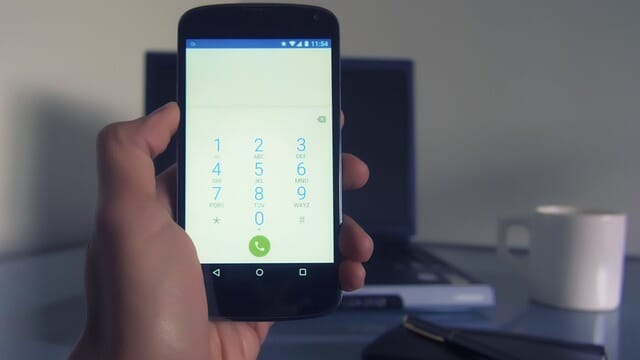
Reverse Phone Lookup 101: Everything You Need to Know About Identifying Callers
It was a rainy Tuesday afternoon when my phone buzzed with an unfamiliar number. As I glanced at the screen, I felt that familiar pang of anxiety; who could be calling me from a number I didn't recognize? My mind raced through possibilities—could it be a telemarketer, a wrong number, or perhaps someone important trying to reach me? After letting the call go to voicemail, I decided Address lookup to take matters into my own hands. That day marked my first encounter with reverse phone lookup services, and little did I know that this would become a crucial tool in my life.
Over time, I've learned that knowing how to identify callers can save you from unwanted disruptions and even potential scams. In today’s digital age, understanding reverse phone lookup is essential for anyone looking to maintain their privacy while still being connected. This article will serve as your comprehensive guide on Reverse Phone Lookup 101: Everything You Need to Know About Identifying Callers in English.
What is Reverse Phone Lookup?
At its core, reverse phone lookup allows individuals to input a phone number into a database and receive information about the caller. This service can provide names, addresses, and other details associated with the number. Unlike traditional lookups—where you search for a person based on their name—reverse lookup focuses solely on the phone number itself.

Why is this useful? Imagine receiving countless calls from unknown numbers during dinner time or late at night. With reverse phone lookup tools, you can quickly identify these callers before deciding whether to answer or ignore them.
How Does Reverse Phone Lookup Work?
The mechanics behind reverse lookup Reverse phone lookup services are relatively straightforward. Many of these Owner details platforms gather data from various public records, directories, and user-contributed information. When you enter a phone number into a lookup service, it cross-references its database and returns any available details related to that number.
There are several types of databases utilized in reverse phone lookups:
Understanding how these systems work enables you to choose the right service when you need to perform a phone number look up.
Benefits of Using Reverse Phone Lookup Services
Utilizing reverse phone lookup offers numerous benefits:
- Identify Unknown Callers: The most obvious benefit is the ability to determine who is calling before answering.
- Avoid Scams: With rising concerns about fraudsters using spoofed numbers, being able to verify callers is essential for protecting yourself.
- Reconnecting with Contacts: Sometimes we misplace contacts or forget names associated with certain numbers; reverse lookup can help rekindle those connections.
- Peace of Mind: Knowing who’s on the other end frees you from anxiety and allows for more controlled communication.
Popular Reverse Phone Lookup Services
With various options available online, here are some popular services worth considering:
When selecting a service for your needs, consider factors such as ease of use, data accuracy, and whether they offer both free and paid options.
Common Questions About Reverse Phone Lookup
Can I use reverse phone lookup for international numbers?
Yes! Many services offer international coverage; however, not all databases may have complete information for every country.
Is reverse phone lookup legal?
Absolutely! As long as you're using reputable sources that comply with privacy laws, utilizing these services is perfectly legal.
How accurate is the information provided by reverse lookup services?
While many services strive for accuracy by leveraging multiple data sources, results can vary based on the specific service used and the nature of the information available for that particular number.
Are there free options available for performing a phone number look up?
Yes! Several platforms provide basic information without charge; however, comprehensive reports may require payment.
In conclusion, mastering reverse phone lookup techniques empowers you to enhance your communication experience while safeguarding your peace of mind against unwanted interruptions. Whether you're trying to filter out pesky telemarketers or reconnect with lost acquaintances through diligent searching of their contact details using reliable methods like reverse lookups, having this knowledge at your fingertips opens up new avenues for managing your personal interactions efficiently.
As technology continues evolving and our reliance on mobile devices grows stronger each day, staying informed about tools like reverse phone lookup becomes increasingly essential in navigating our interconnected world effectively. Embrace this knowledge confidently as you venture forth into identifying callers effortlessly!